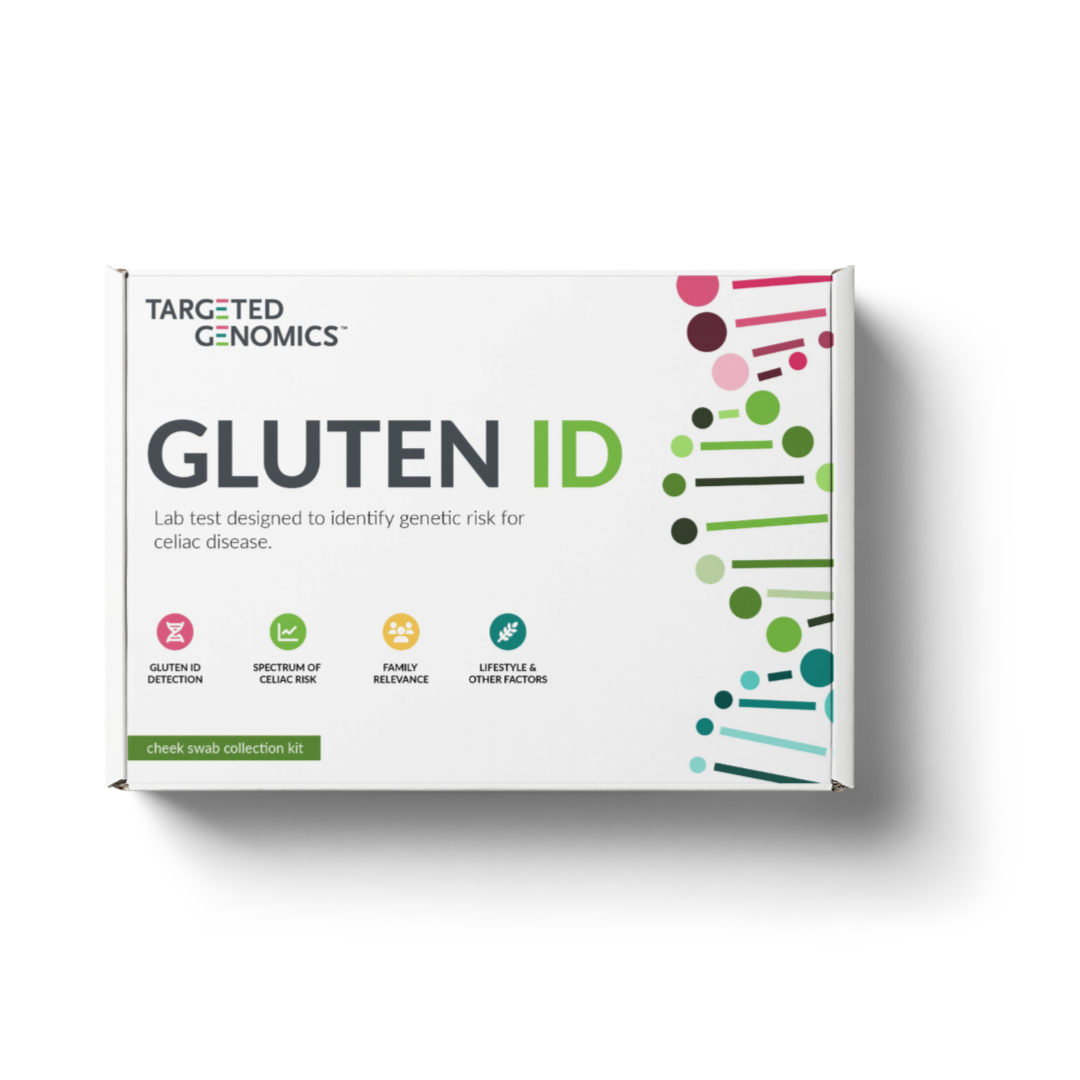FDA Clears At-Home Genetic Test for Celiac Disease Risk
With FDA clearance, GlutenID provides individuals with direct access to their genetic risk for celiac disease, helping inform diagnosis and treatment.
By
Lana Pine
| Published on February 17, 2025
3 min read
Credit: Targeted Genomics

The U.S. Food and Drug Administration (FDA) has granted 510(k) clearance for Targeted Genomics’ GlutenID test, an at-home genetic screening tool that analyzes inherited risk for celiac disease using a next-generation sequencing (NGS) genotyping and reporting strategy.
Celiac disease, the most common intestinal autoimmune disease globally, affects approximately 1% of Americans, with up to 83% of patients undiagnosed or misdiagnosed with other conditions. As a study conducted by the Mayo Clinic revealed 44% of first-degree relatives of a person with celiac disease also had the condition, tests like GlutenID, which is now available for purchase, can help identify these patients and avoid symptoms including diarrhea, fatigue, weight loss and the malabsorption of nutrients.
“The root cause of celiac disease is genetic, but understanding celiac genetics is confusing for everyone, including physicians,” Shelly Gunn M.D., Ph.D., founder and medical director of Targeted Genomics, said in the statement. “Our task in developing GlutenID was to simplify the testing and interpretation of celiac genetics allowing anyone to know their inherited genetic risk for developing celiac-related gluten sensitivity. Knowing the risk can help with diagnosis as well as treatment and prevention of celiac disease through a gluten-free diet.”
The test analyzes genetic variants linked to an increased genetic health risk (GHR) to develop celiac disease using an individual’s saliva samples. It tests the relevant genetic markers and reports the results within a risk spectrum for a total of 15 possible celiac genetic combinations. For example, negative results (non-celiac genetics [NCG]) signify a less than 1% chance of developing celiac disease within a person’s lifetime. Individuals are encouraged to speak with a genetic counselor or healthcare provider after receiving their results.
The FDA’s decision summary determined GlutenID’s analytical performance, including accuracy and reproducibility, and the testing process and reports were shown to be easily understood by a cohort of 300 demographically diverse users.
“With this clearance, Targeted Genomics furthers their mission to provide wellness-seeking consumers direct access to their genetic risk information without a prescription,” the company stated.

